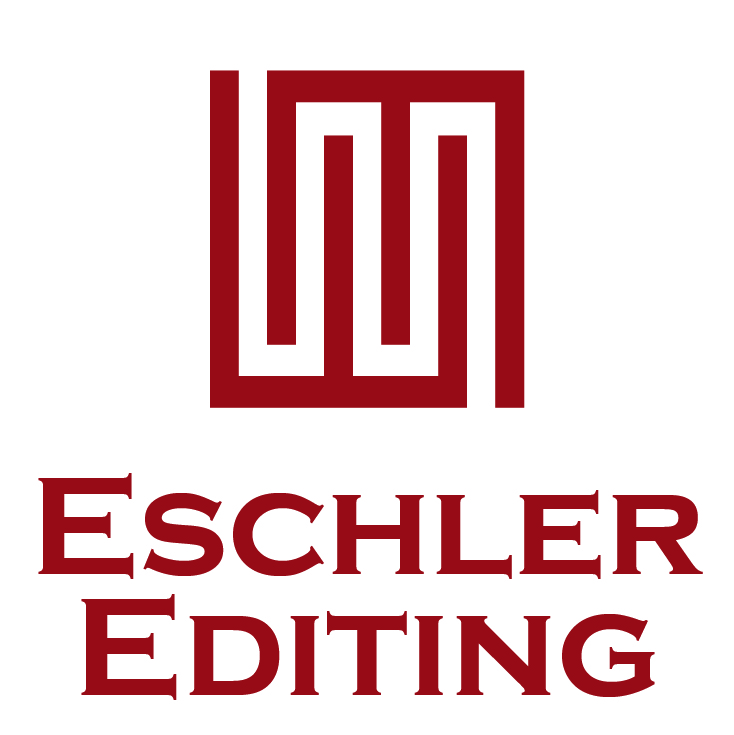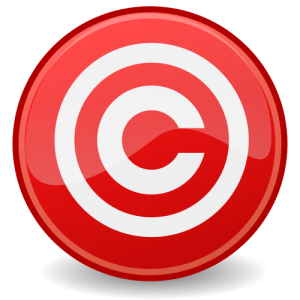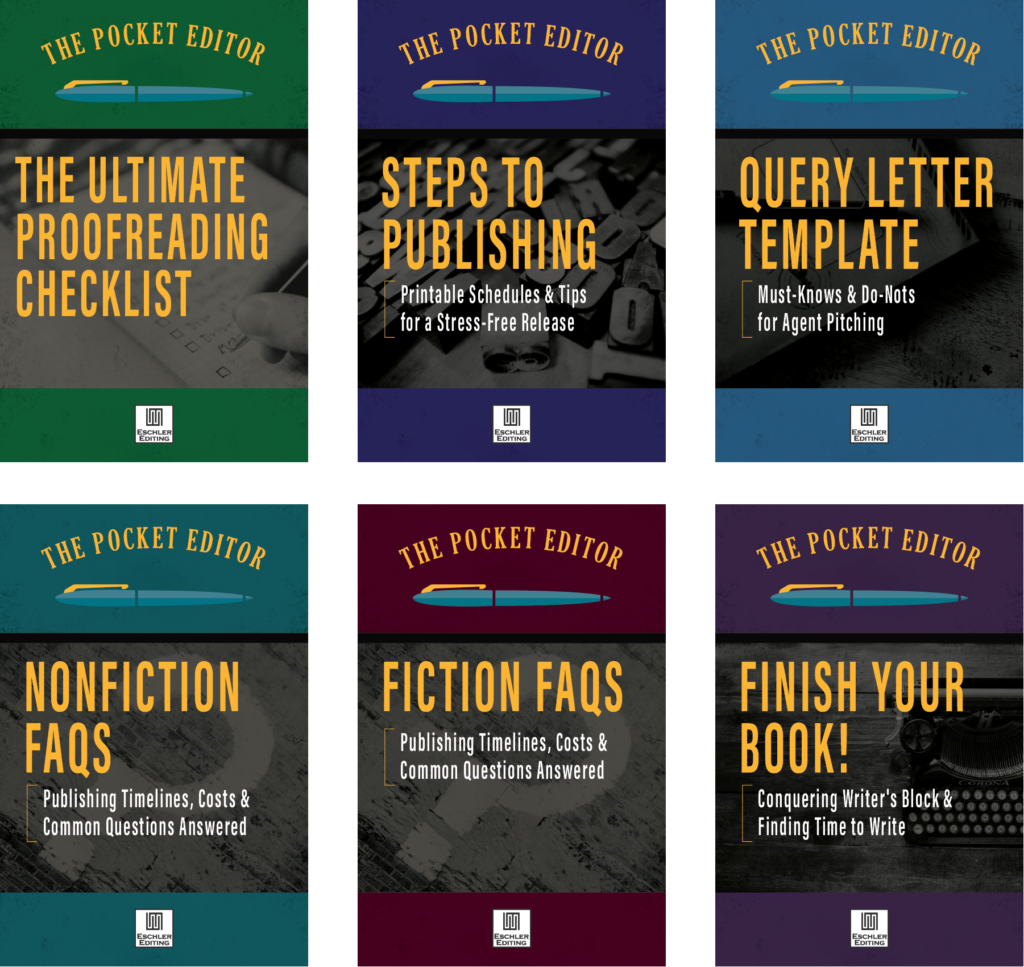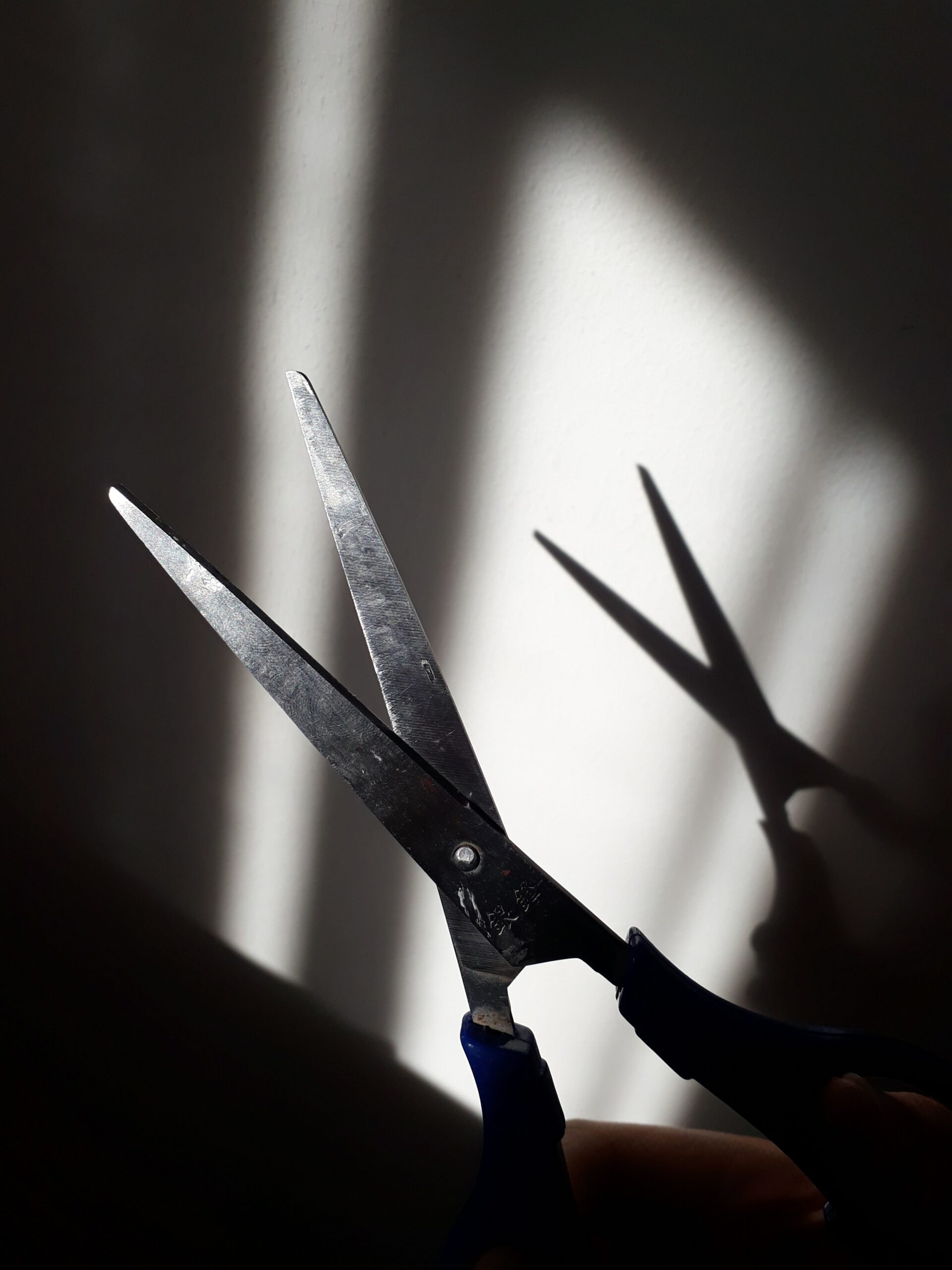A natural concern for authors is the fear of having their work stolen. It’s the source of much-asked questions at writing conferences and online: Do you need to copyright your work immediately? Does putting the symbol on your work yourself count? Are you in danger of agents and publishers (or freelance editors) stealing your work while you’re editing or stealing your work while submitting? And what does copyright actually protect? To set the record straight, we’ve gone to the official sources.* So relax, sit back, and consider this your sanctioned primer on all things copyrighted.
What Can and Can’t Be Protected under Copyright?
Generally, a manuscript that is not in a tangible form of expression isn’t eligible for federal copyright protection. Here’s what’s meant by a tangible form: you can hold it in your hand or you can pull it up on any sort of device (computer, cell phone, iPad, or the sort) and read it. In other words, if you’ve told three of your best friends about your manuscript but haven’t written any of it down, it’s not protected by copyright.
Even if they’re in tangible form, there are certain things that aren’t covered by copyright protection. “Copyright does not protect facts, ideas, titles, names, short phrases, slogans, procedures, methods, concepts, principles, and discoveries.” However, copyright “may protect the way these things are expressed when written, filmed, or recorded.”
Do You Need an Official Copyright on an Unpublished Manuscript?
As soon as your manuscript is in a tangible form, it’s automatically copyrighted. (If you’ve already forgotten what tangible form means, reread the definition above.) You just plunk that little © on the manuscript along with your name and the year, and you’re covered.**
Sort of.
The fact your work exists in tangible form means you could send a “cease and desist” order to anyone who seems to be “borrowing” your work and claiming it as their own. However, if they don’t cease and you end up in court over it, you won’t have any protection just because you typed © on it. If you want to bring a lawsuit against someone for “infringement of a U.S. work” (stealing your stuff and claiming it as their own), you need to have your work registered with the copyright office. And if you are registered, you’re eligible for statutory damages and attorney’s fees if you win your lawsuit.
Of course, no one ever plans on getting their work stolen. You may want to register your work anyway, just to have your copyright on public record. After all, you’ll get a cool certificate to hang on your wall. And keep this in mind: If you register your work with the copyright office within five years of publication, “it is considered prima facie evidence in a court of law.” In other words, it’s considered sufficient to prove that your book is protected.
When Should You Worry about Registering for Copyright?
Publication is not necessary for copyright protection. You can register for copyright any time once you have a tangible document. However, you are not in much danger of copyright infringement at the submission stage. Many authors have an unreasonable fear of theft by agents, publishers, or freelancers—but good agents, publishers, and freelance publishing professionals have reputations (and thus their livelihoods) to care about. It’s much easier to sign on a good writer than it is to steal his/her work. As for bad agents and publishers, they generally don’t care about good manuscripts—they’re just trying to get your money. (You should never be asked to pay an agent or traditional publisher up front. They are supposed to make money when they sell your books. See our article on finding a good agent here.) If you are exposing your manuscript to alpha and beta readers, or freelance editors and the like, you can ask them to sign a nondisclosure form. (Most freelance publishing professionals will also have a non-disclosure form and/or a Work-for-Hire contract they’ll sign for you.) A general rule of thumb is simply to avoid sharing your book with people you don’t trust.
It’s not until your manuscript is about to be exposed to a large audience—in other words, published—that you need to think seriously about copyright registration. If you publish with a larger (traditional) publishing house, the publisher will take care of this for you. For small presses, you may have to take care of it on your own. Just ask. Ditto for self-publishing.
It costs about $35 to file your copyright (a one-time fee) with the U.S. Copyright Office. If you are self-publishing through the help of a full-service company, they may be able to register for you.
Copyright Cautions
Be aware that once you file for official copyright, you may be solicited by questionable companies. Vanity publishers and dodgy literary agents have long used copyright registration lists (and magazine subscription lists) to troll for customers. Don’t register with them.
And don’t be confused by the many faux registration services hungering for your hard-earned dollars. Whatever date-stamping or time-stamping they provide is not a substitute for official registration—and possibly won’t hold up in court since it can be faked.
And the so-called “poor man’s copyright”—putting a manuscript in an envelope, mailing it to yourself, and keeping it without opening it—is also useless if put to the test in court. You’ll often see it touted online as a cheap registration substitute. Avoid the temptation—$35 to do it right is plenty cheap.
The right way is to follow the steps outlined by the U.S. Copyright Office.
How Long Does the Process Take, and When Will You Receive Your Certificate?
The time required to process an application varies, depending on the number of applications the Copyright Office is receiving and clearing when you submit your application. Right now it takes about three to five months to get your certificate if you e-file. If you send in paper forms, it takes seven to ten months.
But keep this in mind: if your work is copyrightable and meets all the legal and procedural requirements, it is considered to be copyrighted on the date the Copyright Office receives your completed application, your payment, and the necessary copies of the work you’re registering. You don’t need to wait for a certificate to proceed with publication.
Do This Now
If your book is already published by a traditional publisher, you should see the copyright in the front matter pages of your book—under your name (the cover/design will be copyrighted under the publisher’s name). If your publisher is a smaller entity, you may want to check that they officially filed.
If you’re self-published and your book is already out, head on over to the U.S. Copyright Office and get going on registration.
If you’re in the middle of the self-publishing process, check with your service provider to ensure filing copyright is part of the package, then watch for that certificate to come. If it’s not part of your package, get going on filing. It’ll be well worth the minimal cost if someone decides to “borrow” the fruits of your blood, sweat, and tears!
*This document is based on the official information found at Copyright.gov.
**You’re protected by copyright law from the moment you fix your work in tangible form (write down the words), though that protection doesn’t allow you to sue for financial damages or theft. In countries that have an official copyright registration process—and many don’t—registration provides no additional copyright protection in day-to-day events. In the U.S., registration does give you various legal benefits. (For more info see Writer Beware)
What have you learned about protecting your work? Any cautions or tips to share?





0 Comments